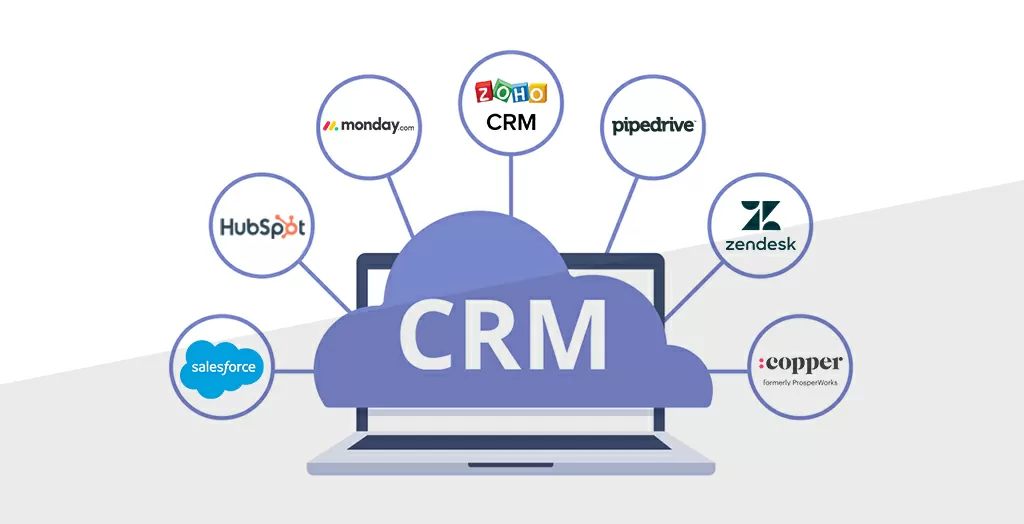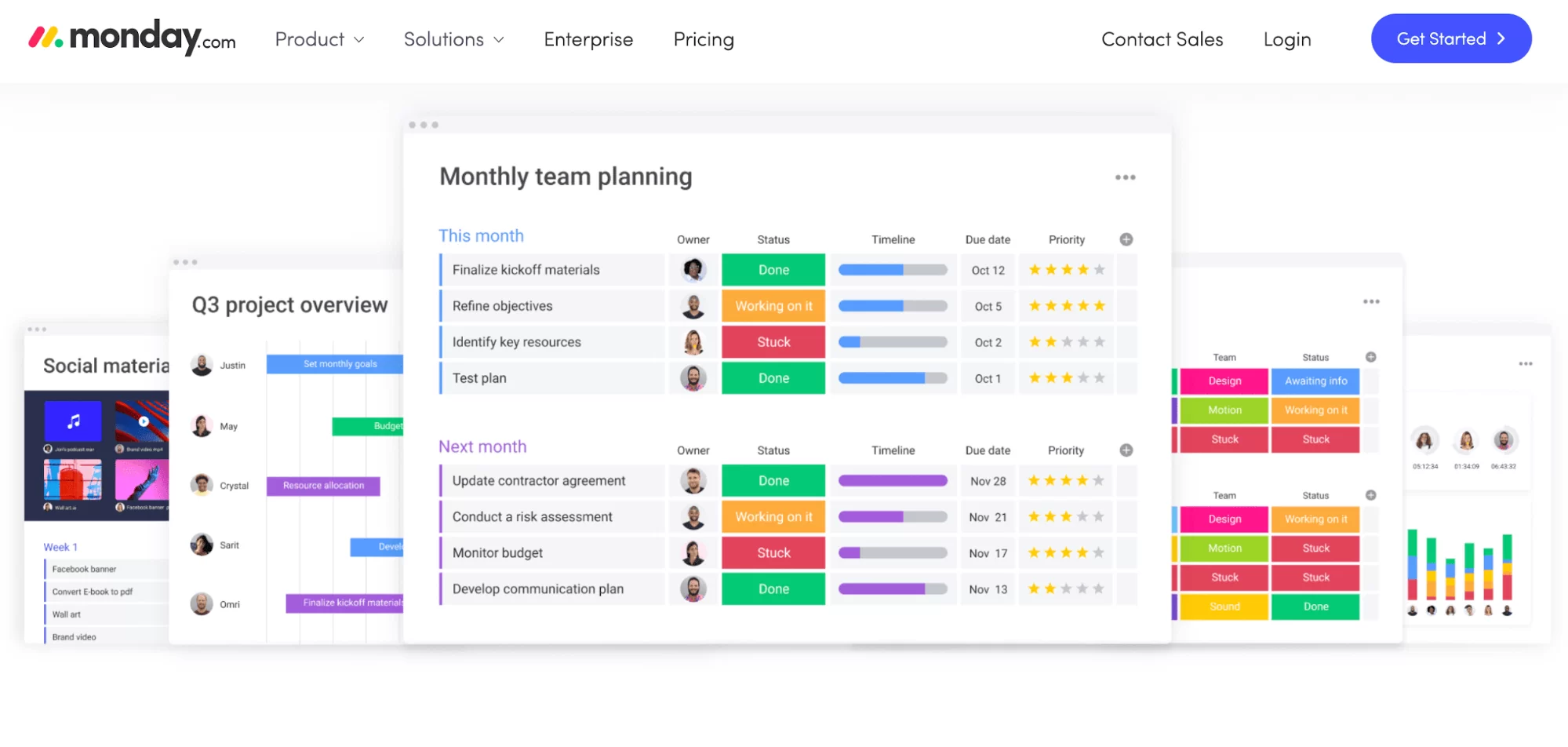Introduction
In the dynamic corporate world, Customer Relationship Management (CRM) software has become a vital tool for organizations seeking to build enduring relationships with their customers. This article explores the intricacies of customer relationship management (CRM) software, going over its features, benefits, and definition while offering advice on how to choose the right one.
What is CRM Software?
Customer relationship management (CRM) software is, at its heart, a system that is designed to monitor and analyze interactions with customers across the customer lifecycle. This covers the management of contacts, the tracking of leads, the optimization of communication, and other features. The primary objective is to improve the level of satisfaction experienced by customers and to streamline business procedures.
A Few Advantages of Using CRM Software
Enhancement of Relationships with Customers
Implementing customer relationship management software makes it easier to have tailored interactions with customers, ultimately resulting in increased customer satisfaction and loyalty.
Improvements in Productivity
By automating mundane procedures and seamlessly integrating data, operational efficiency is increased, enabling teams to concentrate on activities of higher value.
Decision-Making That Is Driven By Data Customer relationship management (CRM) solutions offer significant insights achieved through data analytics.
Featured Elements
1. Contact Management: Organize and handle client information in an efficiently efficient manner.
2. Automating Sales: When it comes to increasing productivity, streamlining the sales process is essential.
You can create focused marketing programs and monitor their effectiveness using marketing automation.
4. Providing Excellent Customer Service and Support: Through centralized systems, provide outstanding customer support.
5. Capabilities for Integration: Ensure that the integration with other business tools is consistent and seamless.
What to Look for When Selecting CRM Software
Acquiring a comprehensive grasp of your company’s requirements, scalability, and financial constraints is necessary to choose the most suitable CRM solution. Factors like user-friendliness, opportunities for customization, and customer support should be taken into consideration.
Strategies for putting into action
Putting a successful CRM system in place requires careful planning and administration. To achieve a seamless transition, you must include your team, provide them extensive training, and assess their progress.
Analyses of Cases
It would help if you investigated real-world examples of companies that have benefited from CRM software. CRM systems have many applications and positive benefits, and case studies provide valuable insights into these applications and impacts.
Common Obstacles to Overcome
CRM software has a lot of benefits, but several obstacles could develop during the deployment process. Taking preventative measures to address challenges such as data security, user resistance, and difficulty with customization is essential.
Suggestions for the Effective Integration of CRM
1. Providing Extensive Training: Make sure that all users can utilize the CRM system effectively.
2. Perform Frequent Updates: Ensure that the program is constantly updated with the most recent functionalities and security patches.
User Feedback: To detect and swiftly fix any issues that may arise, it is essential to encourage feedback from users.
The Future of Customer Relationship Management
Exploring forthcoming developments in customer relationship management (CRM), such as AI-driven insights, predictive analytics, and better mobile capabilities, can help you stay ahead of the current curve.
CRM Application for Large Businesses
Large firms benefit from robust customer relationship management (CRM) systems that can handle vast volumes of data, intricate workflows, and a range of client contacts. Integration and scalability become crucial features.
Feedback & Testimonials from Customers
Obtain the viewpoints of users who have firsthand experience with the advantages and difficulties of customer relationship management software. Your decision-making process will be more credible if you incorporate feedback from the real world.
Final Thoughts
If businesses wish to build and maintain strong relationships with their customers, customer relationship management software is a must. The correct customer relationship management (CRM) solution can boost productivity, boost customer happiness, and drive overall success for businesses of all sizes, from small startups to giant corporations.









